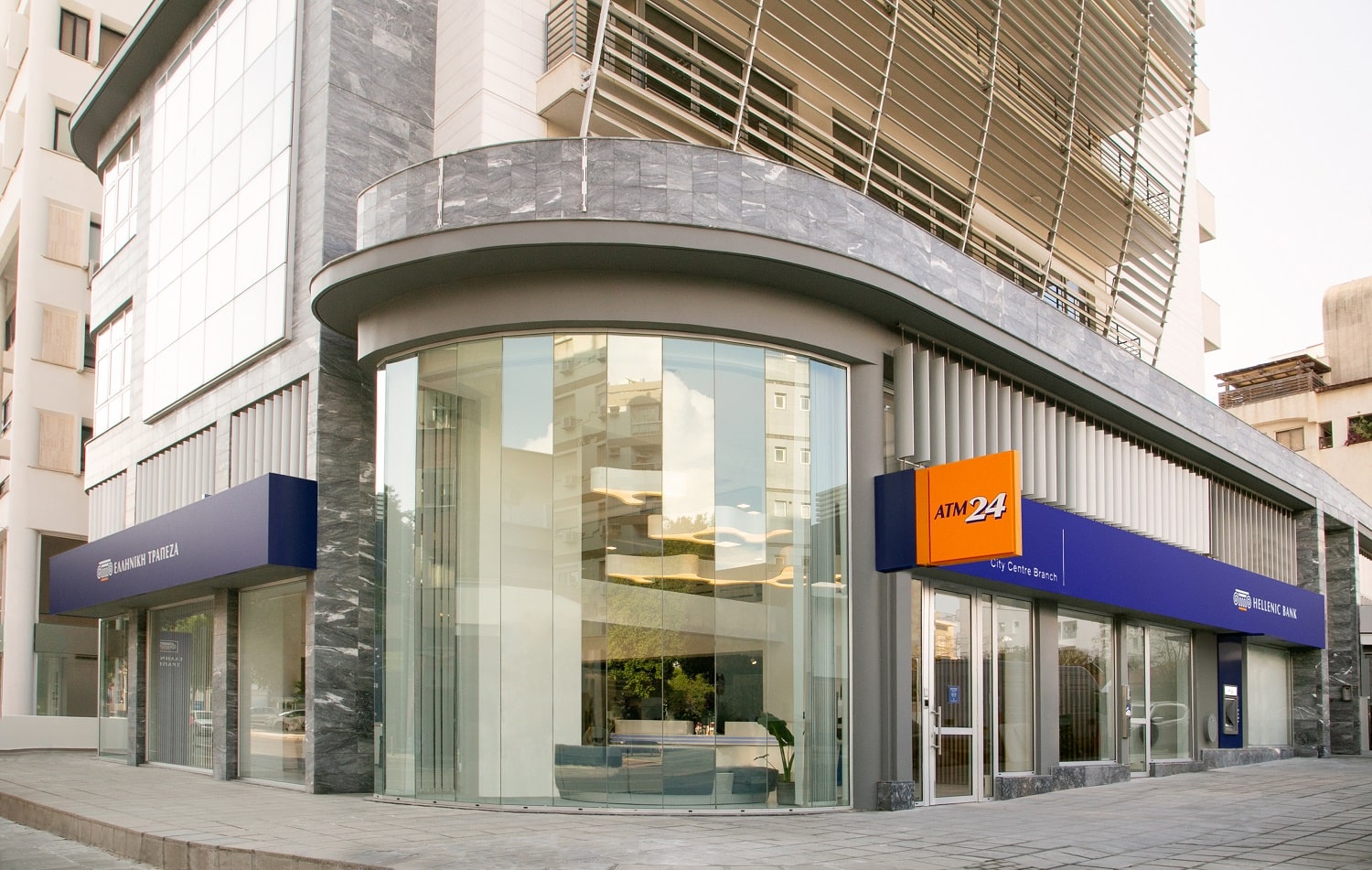Hellenic Bank on Wednesday reported a profit after tax of €284 million for the first nine months of 2024, marking a 28 per cent increase from the same period last year.
“During the first nine months of 2024, Hellenic Bank’s performance was strong, despite global challenges,” said CEO Michalis Louis.
“By maintaining a strong capital base and surplus liquidity, we are in a position to support the growth of the economy, supporting customer needs, both individual and business customers,” he added.
Moreover, the bank’s capital position remains robust, with a Common Equity Tier 1 (CET1) ratio of 28.3 per cent and a Total Capital Ratio of 34.1 per cent, both comfortably above regulatory requirements.
Additionally, Hellenic’s de-risked balance sheet has driven its non-performing exposures (NPE) ratio to 2.4 per cent, with NPE provision coverage at 74 per cent.
The results also highlighted that Hellenic Bank has continued to strengthen its local footprint. The bank now commands a 35 per cent market share in household deposits and 32 per cent in household loans.
“Hellenic Bank’s history deserves the utmost respect as a new chapter opens up to reinforce its already successful course, with the Eurobank Group now as its main shareholder,” Louis said.
“Armed with the bank’s strong foundations, we are looking forward aiming to shape an even more dynamic future, with our customers at the epicentre of our strategy,” he added.
In addition, Louis said that “strengthening customer relationships, modernising our organisational structure, and accelerating the digital transition are our main priorities”.
Reflecting on the bank’s integration into the Eurobank Group, Louis said that “belonging to a larger regional financial group will give us access to technical know-how and best practices and will significantly help the customer service quality we offer to our clients, while creating value for our people and our shareholders”.
Elsewhere in the results, net interest income rose to €456 million for the period, a 20 per cent year-on-year increase, attributed to higher interest rates and a liquid balance sheet.
Meanwhile, new lending totalled €705 million, with 99.7 per cent of these post-2018 lending exposures performing well.
In addition, Hellenic Bank’s cost-to-income ratio also improved, reaching 34 per cent, down from 35 per cent last year.
In line with its strategic expansion, Hellenic Bank recently entered into an agreement with CNP Assurances to acquire CNP Cyprus Insurance Holdings.
This move will establish the largest insurance operator in Cyprus, further diversifying the bank’s portfolio.
In terms of liquidity, Hellenic Bank reported a Liquidity Coverage Ratio (LCR) of 583 per cent, supported by €5.3 billion placed with the European Central Bank (ECB). This, the bank said, allows it to “benefit from current interest rates”.
Additionally, its net loans-to-deposits ratio stood at 39 per cent, something which the bank said “enables further business expansion”.
Moody’s Ratings has upgraded the bank’s long-term deposit rating to Baa2 with a positive outlook in September 2024, a reflection of the bank’s positive performance.
The bank mentioned that this upgrade aligns with Cyprus’ recent sovereign rating improvements, a result of a stable domestic economic environment despite global challenges.
“At the same time, given the geopolitical challenges, we must remain vigilant,” Louis said. “We are closely monitoring economic developments and the public sector’s financial management as we stand by the government’s prudent management efforts”.
The Hellenic Bank CEO also said that maintaining fiscal surpluses, reducing public debt, and further upgrading the Republic of Cyprus’ credit rating “must remain key objectives”.
Louis also described the growth prospects for the Cypriot economy and the domestic banking system as “satisfactory”.
At the same time, he highlighted the need “to maintain a healthy and competitive economy, and a reliable and stable legal and fiscal framework, to ensure there is stability and prosperity in our society”.
Louis also stated that the bank remains “committed to sustainable development and social responsibility”.
“We incorporate ESG (environment, social, corporate governance) criteria into our practices and investments, actively contributing to the creation of a more sustainable and inclusive society,” he concluded.







Click here to change your cookie preferences